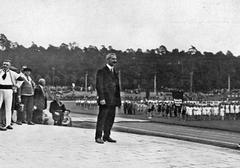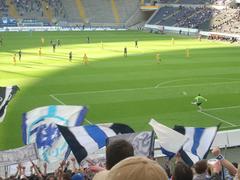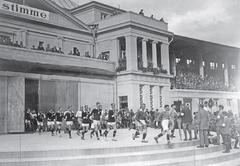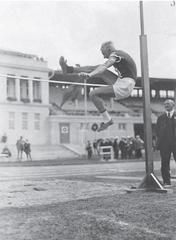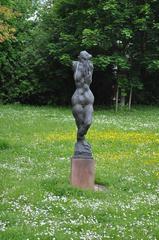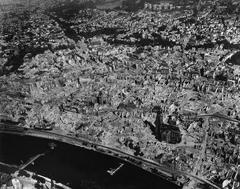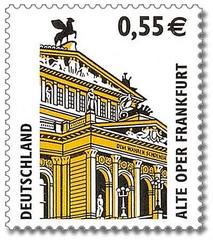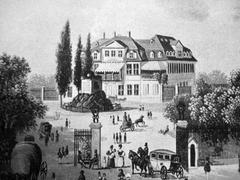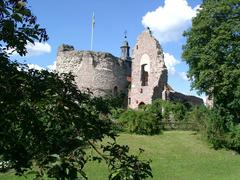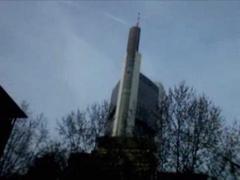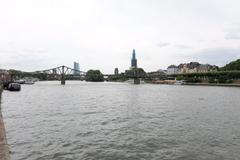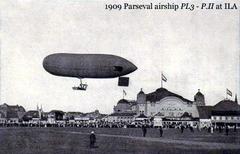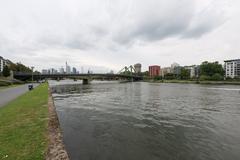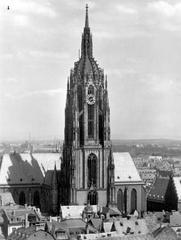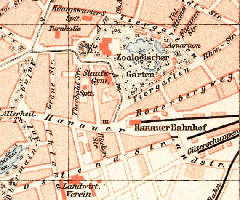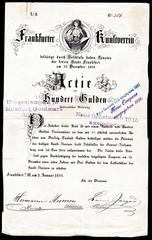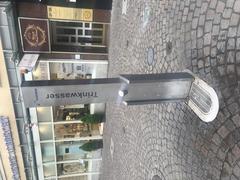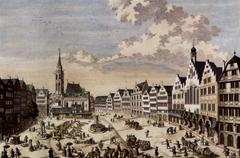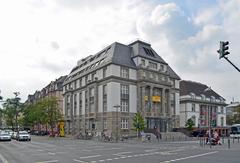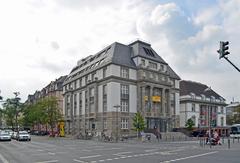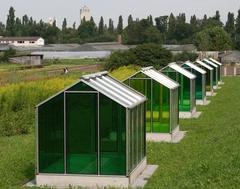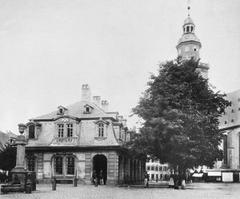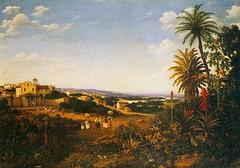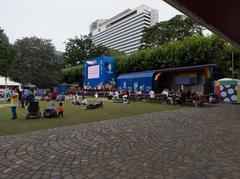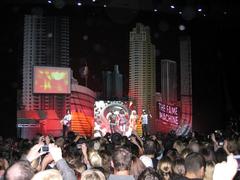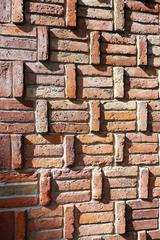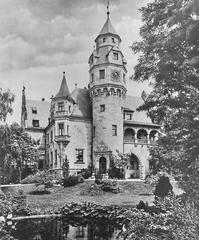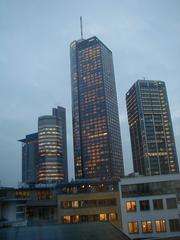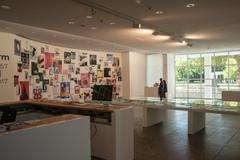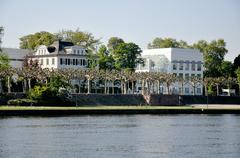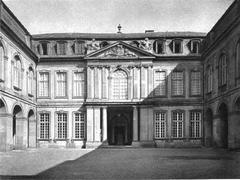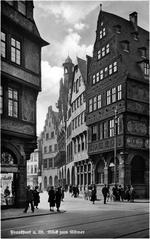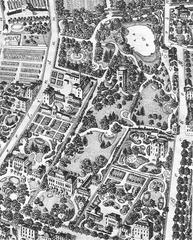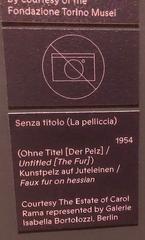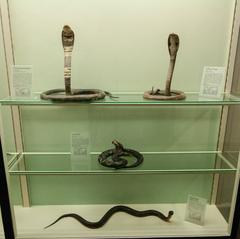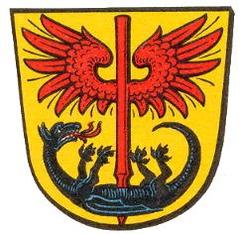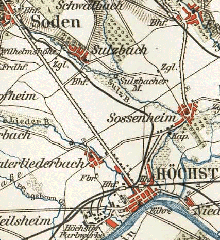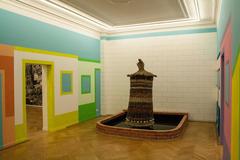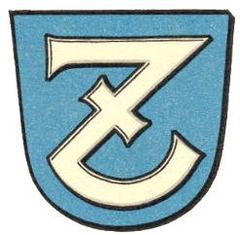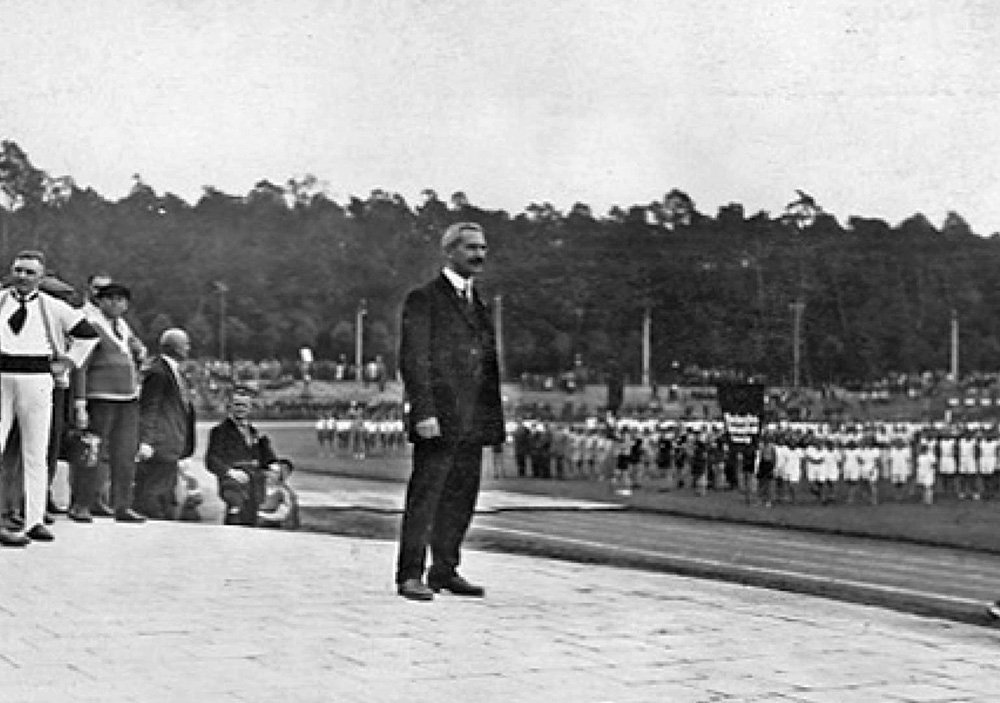
Waldstadion (Deutsche Bank Park) Frankfurt: Visiting Hours, Tickets, and Comprehensive Visitor Guide
Date: 14/06/2025
Introduction
Deutsche Bank Park—historically known as Waldstadion—is a landmark stadium nestled in Frankfurt’s lush City Forest. Since its opening in 1925, it has evolved into a world-class football and cultural venue, hosting everything from Bundesliga matches to international tournaments and major concerts. This guide provides detailed information on visiting hours, ticketing, transportation, accessibility, architectural highlights, and nearby attractions, alongside a rich historical overview. Whether you are a sports enthusiast, cultural traveler, or history buff, discover why Deutsche Bank Park remains a must-see destination in Frankfurt.
Table of Contents
- Historical Overview
- Major Sporting and Cultural Events
- Stadium Architecture and Facilities
- Practical Visitor Information
- Event Highlights and Visitor Experience
- FAQ
- Conclusion and Visitor Tips
- References and Further Reading
Historical Overview
Origins and Early Development (1925–1930s)
Waldstadion opened on May 21, 1925, as a modern multi-sport venue with an initial capacity of 35,000. Its early years were marked by hosting the German football championship final and the 1925 Workers’ Summer Olympiad, which attracted international athletes and spectators (Stadtgeschichte Frankfurt; Wikiwand). In 1935, the stadium was renamed “Sportfeld” and expanded to accommodate 55,000 spectators. The 1930s also saw the venue used for large-scale political events (Stadium Guide).
Post-War Reconstruction and Expansion (1945–1950s)
Post-World War II, Waldstadion was returned to Frankfurt authorities in 1946 after temporary American military use. Overflow crowds at a 1953 football match prompted significant renovations, expanding capacity to 87,000 and establishing Waldstadion as Germany’s second-largest stadium after Berlin’s Olympiastadion. The 1950s saw technological upgrades like floodlights and a new ice rink (Stadtgeschichte Frankfurt; Wikiwand).
Modernization for International Events (1960s–1970s)
The 1960s and 1970s brought global sporting prominence. Notable events included the 1966 cycling world championships and the heavyweight boxing match between Muhammad Ali and Karl Mildenberger. A major overhaul for the 1974 FIFA World Cup saw a full reconstruction, new reinforced stands, and advanced pitch technology (StadiumDB).
Transition to a Football-Only Arena & Recent Redevelopments (2000s–Present)
Between 2002 and 2005, the stadium underwent its most ambitious redevelopment: stands were rebuilt, the athletics track was removed, and a retractable roof was installed, transforming the venue into a modern, football-only arena (Around the Grounds; StadiumDB). It was rebranded as Commerzbank-Arena (2005–2020), then Deutsche Bank Park, but remains affectionately called Waldstadion. The latest renovations, completed in 2023, expanded safe-standing areas and improved facilities, focusing on sustainability and inclusivity (StadiumDB).
Major Sporting and Cultural Events
Waldstadion/Deutsche Bank Park has hosted:
- German and European football finals, including the 1925 and 1959 German championship finals (OneFootball).
- Multiple FIFA World Cups (1974, 2006), UEFA Euro 1988, UEFA Euro 2024, and the 2011 FIFA Women’s World Cup (Wikipedia; Stadiums Guide).
- The 1966 Muhammad Ali vs. Karl Mildenberger boxing match (Wikiwand).
- NFL Germany Games, American football, cycling, and athletics.
- Major concerts and festivals, featuring global stars such as Bruce Springsteen, Coldplay, and Kendrick Lamar (FR.de; Journal Frankfurt).
Stadium Architecture and Facilities
Design Evolution and Retractable Roof
The stadium’s design reflects a century of innovation, evolving from an open-air multi-sport venue to a cutting-edge football arena. The 2000s redevelopment introduced a world-class retractable roof, ensuring events continue regardless of weather (sportstips.info; Wikipedia).
Seating, Accessibility, and Hospitality
- Capacity: Up to 58,000 for Bundesliga matches, 51,500 for international fixtures (Wikipedia).
- Seating: Includes regular, business, and VIP suites. The Nordwestkurve safe-standing area is famed for its passionate atmosphere (Football Ground Guide).
- Accessibility: 187 wheelchair spaces, seats for visually/hearing-impaired guests, and specialized services such as the “Kohler Transfer” for mobility-limited fans (Football Ground Guide).
- Hospitality: VIP boxes, business lounges, and premium catering (ticketgum.com).
On-Site Amenities and Museum
- Food and Beverage: Wide selection of German and international cuisine, with recent upgrades ensuring efficient service (Football Ground Guide).
- Restrooms: Ample family and accessible facilities.
- Merchandise: The main Eintracht Frankfurt fan shop offers official memorabilia.
- Free Wi-Fi: Available stadium-wide.
- Eintracht Frankfurt Museum: Located within the stadium, it features club history, interactive exhibits, and themed events (mysportstourist.com).
Sustainability
Recent upgrades emphasize environmental responsibility through energy-efficient lighting, water-saving fixtures, and sustainable building materials (sportstips.info).
Practical Visitor Information
Visiting Hours
- Stadium Tours: Typically available Tuesday–Friday, 10:00 AM–5:00 PM. Check for variations on matchdays and holidays (Football Ground Guide).
- Eintracht Museum: Open Tuesday–Sunday, 11:00 AM–5:00 PM; closed Mondays.
Tickets and Booking
- Matches & Concerts: Secure tickets via the official Eintracht Frankfurt website, authorized vendors (e.g., Ticketmaster), or at the stadium box office. Prices vary by event, ranging from €11 for accessibility seats to premium packages over €200 (Stadiums Guide).
- Tours: Guided tour tickets cost around €10–€21 per adult, with discounts for children/concessions. Advance booking is recommended (mysportstourist.com).
Getting There and Travel Tips
- Public Transport: S-Bahn lines S7, S8, and S9 connect Frankfurt Hauptbahnhof and the airport to the “Stadion” stop. Tram 21 and buses 61, 80 also serve the venue (Football Ground Guide).
- Car: Easily accessible from the A3/A5 via Frankfurt-Süd and B44. Multiple paid parking lots are available; public transport is recommended for event days due to congestion (Football Ground Guide).
- Travel Tip: Many event tickets include free local public transit on the day.
Accessibility
The stadium is fully accessible, offering wheelchair seating, companion tickets, accessible restrooms, elevators, and special services for visually/hearing-impaired visitors. Contact the club in advance to arrange assistance (Football Ground Guide).
Food & Beverage Options
Enjoy traditional German fare, including sausages and fresh bread, alongside international choices. Upgraded concessions ensure speedy service, especially during peak times (Football Ground Guide).
Guided Tours
Tours provide unique access to the players’ tunnel, press room, VIP areas, and the club museum. Twilight and panoramic tours offer stunning views of the stadium and Frankfurt skyline (Football Ground Guide).
Best Photographic Spots
Capture the retractable roof, vibrant Nordwestkurve, the “Eintracht vom Main” sign, and panoramic shots from surrounding City Forest trails.
Nearby Attractions
- Römerberg: Frankfurt’s historic old town square.
- St. Bartholomew’s Cathedral: Gothic cathedral.
- Palmengarten: Botanical gardens.
- Money Museum: Learn about Germany’s financial history.
- Main River Promenade: Scenic riverside walks.
- Alt-Sachsenhausen: Traditional pubs and local culture (The Crazy Tourist).
Event Highlights and Visitor Experience
Matchday Experience
The stadium’s bowl design and safe-standing zones create an electric atmosphere, especially in the Nordwestkurve. Away fans are accommodated in the Ostkurve, ensuring a vibrant but secure environment. Modern security and medical facilities ensure visitor safety (Football Ground Guide).
Concerts and Festivals
Deutsche Bank Park regularly hosts international artists and festivals. Summer 2025 highlights include:
- Bruce Springsteen & The E Street Band: 18 June 2025 (Journal Frankfurt)
- Kendrick Lamar & SZA: 4–5 July 2025
- Linkin Park: 8–9 July 2025
Local events like Wäldchestag (6 June 2025) and TANZ 2025 (6–7 June 2025) celebrate Frankfurt’s community spirit (Allevents.in; Allevents.in).
FAQ
Q: What are the stadium’s visiting hours?
A: Stadium tours are typically Tuesday–Friday, 10:00 AM–5:00 PM. Museum: Tuesday–Sunday, 11:00 AM–5:00 PM. Event days may vary—check official channels.
Q: How do I buy tickets?
A: Purchase via the official Eintracht Frankfurt website, Ticketmaster, or at the box office. Early booking is advised.
Q: Is Deutsche Bank Park accessible?
A: Yes—wheelchair seating, restrooms, elevators, and companion services are available.
Q: How do I get there by public transport?
A: Use S-Bahn lines S7, S8, S9 to “Stadion” station. Tram 21 and buses 61, 80 also serve the stadium.
Q: Where can I park?
A: Paid lots are available near the stadium. Public transport is recommended for large events.
Q: Can I visit the Eintracht Museum separately?
A: Museum access is included with most stadium tours. Check tour availability and book in advance.
Conclusion and Visitor Tips
Deutsche Bank Park (Waldstadion) is a premier destination for sports, culture, and entertainment in Frankfurt. Its blend of historic legacy, cutting-edge facilities, inclusive design, and vibrant event calendar ensures a memorable visitor experience. Plan ahead by booking tickets early, using public transport, and exploring nearby attractions for a full day out. Stay connected with the latest updates via official channels or the Audiala app.
References and Further Reading
- Stadtgeschichte Frankfurt
- Wikipedia
- OneFootball
- StadiumDB
- Football Ground Guide
- Stadiums Guide
- mysportstourist.com
- Around the Grounds
- FR.de
- Journal Frankfurt
- Allevents.in
- Allevents.in
- The Crazy Tourist
For the most up-to-date details, always refer to official stadium and event websites.
For exclusive event updates and real-time information, download the Audiala app and follow Deutsche Bank Park on social media.
